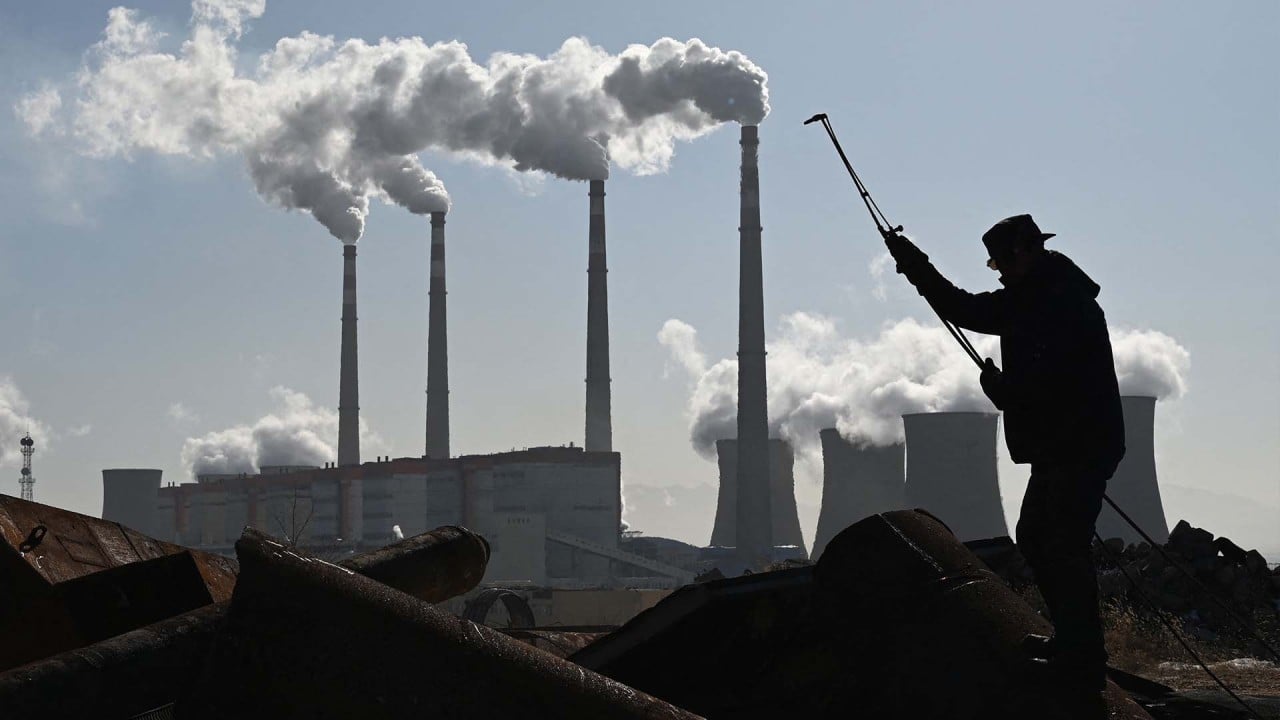
Letters | Climate change: why are governments still funding fossil fuels?
- Instead of subsidising energy that ruins the environment, tax it heavily and use the resulting income to subsidise people’s other basic needs
- Doing so would generate more revenue, help the environment and nudge people to be more conscientious about energy efficiency and their energy habits
The European Union, for example, provided €52 billion (US$58.9 billion) worth of subsidies just in 2020. This decision is often masked as an economic need, or the argument that households and industries need cheap energy sources.
“What about my electricity and gas bills? They are already expensive, I cannot afford to pay more,” you may say. Yes, but you could afford to if your food, education and other basic needs were cheaper.
Subsidising fossils fuels to make energy bills affordable is simple market manipulation. So if manipulating the market is fine, how about doing it towards the right goal? Why not reduce oil and gas subsidies to zero and use those funds to subsidise food, education and environmentally friendly consumables?
These subsidies would equally benefit the same households with no negative impact on their monthly net savings. However, the long-term impact of this shift would be positive for everyone.
If a large percentage of people’s monthly expenses was related to energy, they would be more focused on energy saving and improving their energy use habits. Consumers would be more oriented towards buying energy-efficient appliances and, when possible, thermally insulate their homes to reduce energy consumption.
Households are bound to their economic needs, so fighting climate change requires wise choices by governments to support families as they reduce carbon emissions. The goal is clear and the funds are ready to be allocated. Will we again have to witness our taxes being used to subsidise coal, gas and other fossil fuels in 2022?
Alessio Belotti, Hang Hau


